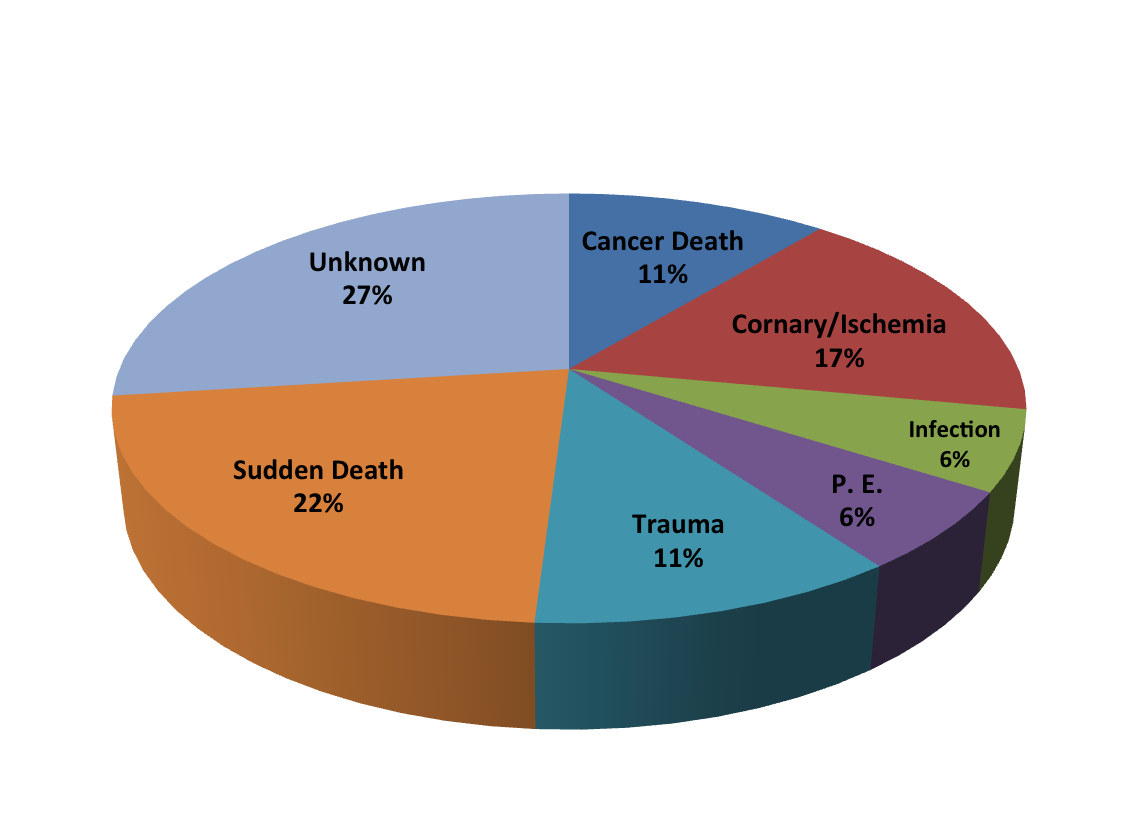Can Cardiac Risk Predictor Models Be Trusted in Kidney Transplant Recipients?
K. L. Hoffman1, R. R. Alloway1, A. Shields2, E. Woodle2, A. Govil1
1Nephrology & Transplant Medicine, University of Cincinnati, Cincinnati, OH, 2Transplant Surgery, University of Cincinnati, Cincinnati, OH
Meeting: 2019 American Transplant Congress
Abstract number: 537
Keywords: Heart, Kidney transplantation, Outcome, Prediction models
Session Information
Session Name: Concurrent Session: Kidney: Cardiovascular and Metabolic III
Session Type: Concurrent Session
Date: Tuesday, June 4, 2019
Session Time: 4:30pm-6:00pm
 Presentation Time: 4:42pm-4:54pm
Presentation Time: 4:42pm-4:54pm
Location: Ballroom C
*Purpose: Kidney transplant recipients (KTR) bear a higher risk of developing cardiovascular disease due to comorbid conditions. Non-invasive cardiovascular risk stratification tools have not been validated in this population. The purpose of this study is to predict cardiovascular events (CVE) at 1 and 3 years post-transplant for KTR using Framingham Risk Score (FRS) and Revised Cardiac Risk Index (RCRI), measures commonly used in the general population to measure 10 year cardiovascular risk to estimate perioperative surgical risk, respectively.
*Methods: 231 KTR (91 living- and 140 deceased- donor allografts) between 2001 to 2011 were reviewed. FRS tool was applied to the subject’s baseline data findings, and the RCRI was calculated using both pre- and immediate post-transplant serum creatinine. The data evaluated each participant at 1 and 3 year post-transplant timeframe to assess for a cardiovascular event or death. This cohort included pre-surgical CVE risks of BMI> 35 (33), known coronary disease (42), smoking (23), total cholesterol >200 (40), hypertension (183) and diabetes on insulin (79). The hypotheses were tested using t-tests with a p-value < 0.05 for significance.
*Results: Eighteen deaths and 43 CVE were observed. FRS and RCRI (utilizing pre-transplant creatinine) were unable to predict CVE or mortality at 1 or 3 years post-transplant. RCRI (utilizing post-transplant creatinine) was not statistically significant for CVE or death at one year. At 3 years, RCRI was not substantial for death but did show a significant prediction of CVE (p = < 0.05).
*Conclusions: This data identifies the potential for RCRI to measure CVE risks outside of the perioperative timeframe at 1 and 3 years with predictability at the 3 year time point. FRS was unable to significantly predict CVE at 1 and 3 years in this sample. Longer follow-up is necessary to accurately assess both mortality and CVE. Studies using these and other cardiovascular risk tools prospectively could yield a credible non-invasive approach in assessing this at-risk population.
| CVE3 YR | Method | Mean | 95%CL Mean | 95 %CLMean | StdDev | 95 % CL StdDev | 95 %
CL
Std
Dev
|
| N | 1.7389 | 1.6266 | 1.8513 | 0.8119 | 0.7399 | 0.8996 | |
| Y | 2.3000 | 1.7718 | 2.8282 | 1.1286 | 0.8583 | 1.6484 | |
| Diff(1-2) | Pooled | -0.5611 | -.9508 | -0.1713 | 0.8438 | 0.7720 | 0.9306 |
| Diff (1-2) | Satterthwaite | -0.5611 | -1.0991 | -0.0230 | |||
| Method | Variance | DF | t Value | Pr> l t l | |||
| Pooled | Equal | 221 | -2.84 | 0.0050 |
To cite this abstract in AMA style:
Hoffman KL, Alloway RR, Shields A, Woodle E, Govil A. Can Cardiac Risk Predictor Models Be Trusted in Kidney Transplant Recipients? [abstract]. Am J Transplant. 2019; 19 (suppl 3). https://atcmeetingabstracts.com/abstract/can-cardiac-risk-predictor-models-be-trusted-in-kidney-transplant-recipients/. Accessed July 18, 2025.« Back to 2019 American Transplant Congress

